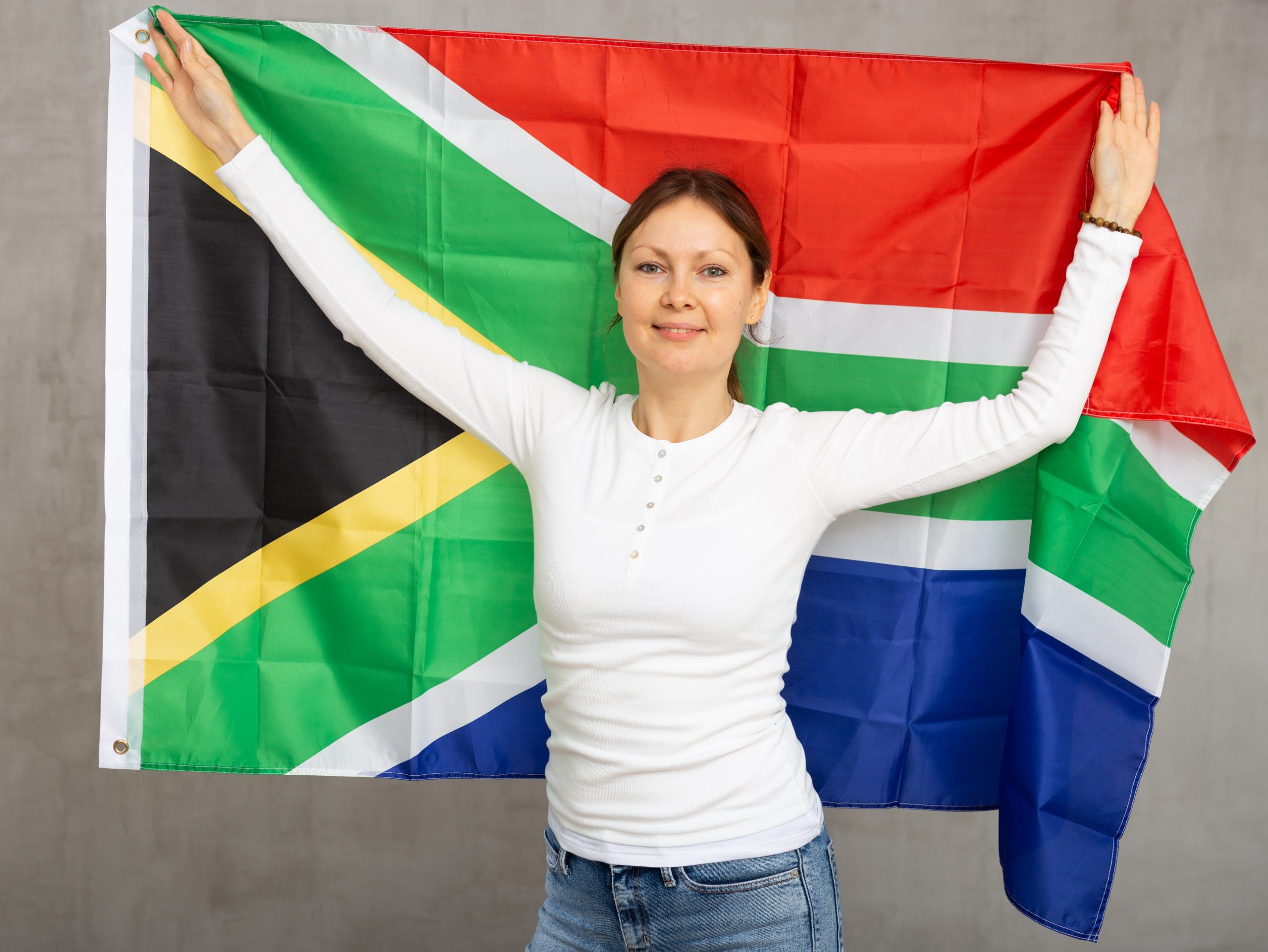
South Africa is rapidly challenging established BPO hubs such as the Philippines, so is it time to make the move?
Business process outsourcing is increasingly popular as companies seek to reduce costs, access new talent, and scale their operations in the most affordable way possible. For years, the Philippines has been one of the leading outsourcing destinations with a highly developed sector focused on dependable customer service experiences. However, in the face of customer complaints and growing expectations of customer service, many companies want more from their operations, which is why South Africa has been gaining ground.
The BPO sector here has been surging at more than 10% year on year and is expected to continue that surge for the foreseeable future, driven by good communication skills and a reputation for quality. If you’re looking to adopt your outsourcing option. How does South Africa compare against the more established Philippines?
- Cost of business
The Philippines is one of the most cost-effective BPO destinations in the world, with wages far below global averages. Businesses can expect to access skilled individuals at a fraction of their cost in the UK or the West.
South Africa, on the other hand, tends to be slightly more expensive than the Philippines. However, wages still represent a significant discount in the West, especially in sectors such as customer service or finance. Creating industries such as marketing and software design also offer a chance to access in-demand skills at a lower cost than in your domestic market.
South Africa also benefits from favourable government support with a range of tax incentives and grants available for companies that generate jobs in the country. Once these are taken into consideration, the overall ROI may be very similar to the Philippines.
- Language skills
In sectors such as customer service, good language skills are vital. English is the second major language in the Philippines and is widely spoken across the country. BPO companies have invested considerably in the skills of their operators, with many companies conducting extensive language and accent training to make it as easy as possible for agents to understand and be understood. Even so, the Filipino accent can still be difficult for some people to understand, and some customers can become frustrated.
In South Africa, English is commonly spoken fluently by people at all levels of society. The accent can also be much clearer than Filipino, with a clear, neutral, and familiar style that promotes clear communication and positive customer experiences.
South Africa’s culture also aligns well with the West, with many similarities in cultural references and norms, making it easier to build lasting, positive, and profitable customer relationships. Customers often react better to hearing South African accents than thick, hard-to-understand Filipino accents.
- Time Zones
South Africa’s position is an important strength, making it ideal for European, Middle Eastern, and other African markets. It is only a couple of hours different from the UK making which means the working days match up perfectly. Good technological infrastructure allows for real-time communication and instant feedback.
The Philippines runs at GMT plus eight, which represents a significant gulf with the UK. When people are arriving at work in London, they will typically clock off in Manila. As such, this makes it better aligned for Australian markets, although it can be ideal for offering night shift cover for Western countries, allowing them to maintain 24/7 customer support coverage.
Outsourcing companies in the Philippines also regularly run around the clock with night shifts designed to match up to working hours in the UK and other Western countries.
South Africa, therefore, has a clear edge over Europe, while the Philippines is well suited for Asia and Australia. Both locations, though, have plenty of operators working 24/7 and will provide coverage wherever you are.
- Talent pool
The Philippines has a large and growing graduate population, leading to a young and ambitious workforce looking for higher-value employment. It is particularly strong in areas such as customer service and healthcare.
South Africa has also invested heavily in its education system and has built a talented, young, and multi-cultural workforce with skills across all disciplines. It has built a particularly strong reputation in sectors such as customer service, IT support, and finance.
With several skilled professionals in more complex industries such as web design, software development, or marketing, South Africa is also developing a growing reputation for higher-value services.
South Africa’s government sees the BPO sector as a way to bring high-value jobs from overseas into its domestic economy and to keep young workers in the economy. As such, it has invested in training and in making the country as attractive as possible to overseas investment.
South Africa is therefore changing the calculation on business process outsourcing, changing it from a cost-only exercise to a way for small and medium-sized businesses to access more high-value skills at a more competitive price. It levels the playing field with larger companies, which often have their pick of the best available talent.
- Infrastructure
Both countries have identified technical infrastructure as being an important pillar of their respective BPO industries, but the nature of the infrastructure varies slightly. The Philippines has good connectivity in the main cities, such as Manila and Davao. It also has large-scale BPO facilities offering bulk outsourcing services to clients in the West.
South Africa has excellent digital communications in the main cities, such as Cape Town, Johannesburg, and Durban, and connection speeds are also improving across the country. As in the Philippines, there is a growing number of BPO companies offering generic services such as call centres to international clients, but its infrastructure enables more nuance.
If you’re looking to engage with individual freelancers, for example, they are more likely to have access to the high-speed internet you need. As such, Western companies are often working with contractors on a one-to-one basis, with real-time collaboration facilitated through video calls, instant messaging, and file sharing.
Verdict
Both of these countries have highly developed BPO sectors backed by strong technological infrastructure, government support, and a widespread skills base. English skills are good in both countries, although the Filipino accent can sometimes cause friction with some customers.
The Philippines retains the lead in pure cost terms, but South Africa offers a middle ground in which high-quality and high-value roles can be sourced at a fraction of the costs of their counterparts in the UK. That makes the country great for operations across all scales, from a few professionals to much larger operations.
Which of these you choose will greatly depend on your own strategic goals and the nature of the services you want.
To find out more, feel free to speak to a member of our team or download our handy guide.


 Hiring in South Africa
Hiring in South Africa

